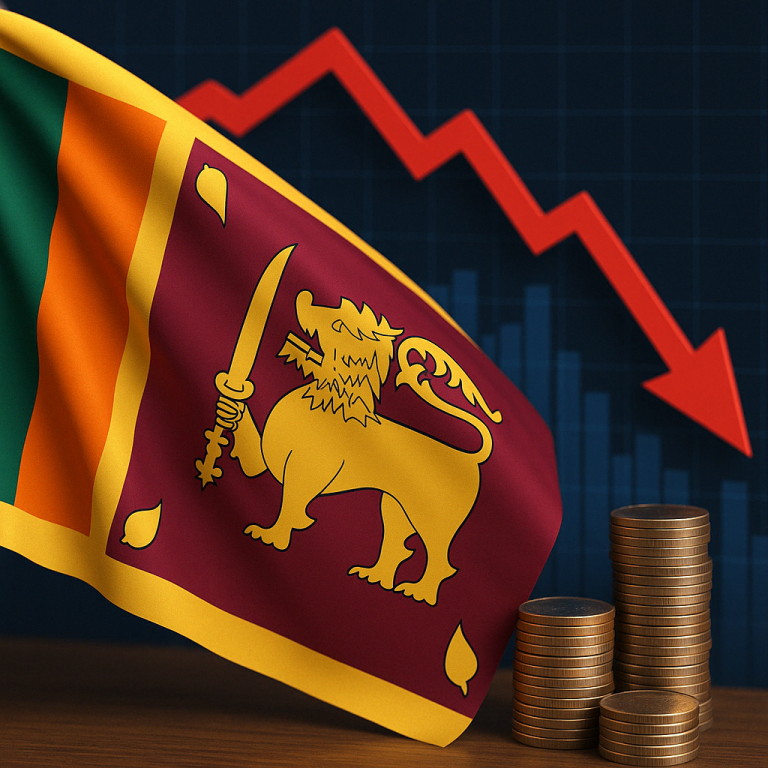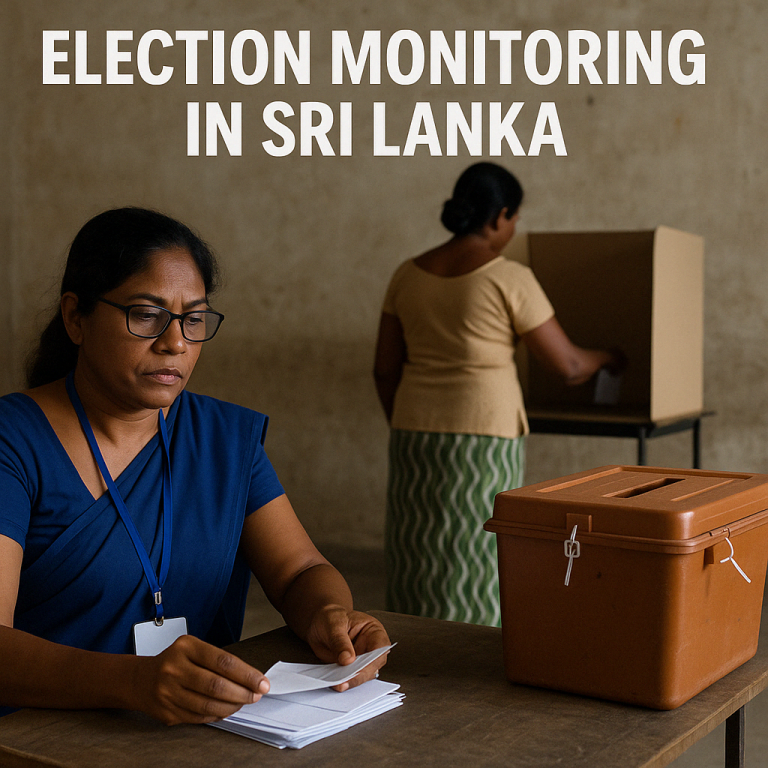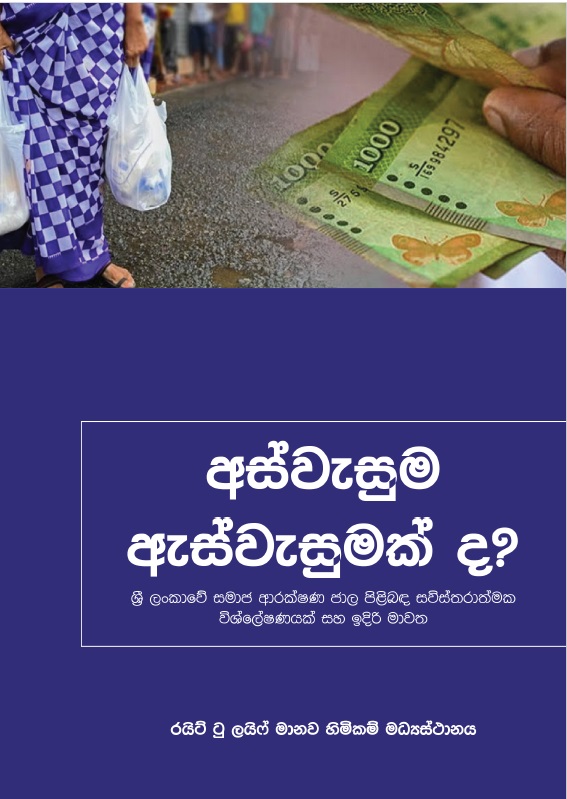Ajith Perakum Jayasinghe
In recent days, Sri Lanka has witnessed a concerning trend in government actions, particularly with the introduction and debate surrounding the Online Safety Bill. While the government claims these measures are aimed at addressing online fraud, abuse, and false statements, it is evident that these legislative moves have wider implications, especially for freedom of speech and democracy.
The Online Safety Bill, currently under consideration in Sri Lanka’s parliament, is drawing criticism from opposition politicians, journalists, and rights groups who argue that its provisions could stifle freedom of speech. The bill proposes the establishment of an online safety commission with broad powers to restrict free speech, including the authority to direct the removal of content and block access to accounts on vague and overbroad grounds.
This legislation comes at a time when Sri Lanka is grappling with its worst economic crisis, declared bankrupt in April 2022 with a debt exceeding $83 billion, over half owed to foreign creditors. The government, under President Ranil Wickremesinghe, has been working to address the economic challenges, but public dissatisfaction has grown due to measures such as increased electricity bills and heavy income taxes.
It is crucial to understand the context in which these legal reforms are taking place. The economic crisis has fueled public protests, leading to the ouster of the previous president. Now, as the government attempts to stabilize the economy, it faces opposition not just on the streets but also in the digital realm.
The Online Safety Bill, along with other repressive legislation like the Anti-Terror Act and the proposed broadcasting law, raises concerns about the government’s intent to suppress dissenting voices. The bill, as currently framed, could potentially criminalize a broad range of legitimate expressions, creating a chilling effect on freedom of expression, as noted by the United Nations human rights office.
Furthermore, the rush to pass these laws and the rejection of suggested amendments from industry bodies, including the Asia Internet Coalition representing tech giants like Google, Apple, and Meta, indicate a disregard for inclusive dialogue and collaboration.
It is crucial to connect these legislative moves with the broader political landscape. Opposition lawmakers argue that the government is attempting to dismantle the few remaining safeguards for freedom of expression and democracy in the country. The proposed laws are seen as tools to suppress public opinion and secure political victories in the upcoming presidential and parliamentary elections.
Sri Lanka finds itself at a crossroads where the pursuit of economic stability is coming at the cost of democratic values. The government’s focus on silencing dissent, whether through online censorship or other restrictive laws, threatens the very foundation of democracy. The allegations of torture and human rights violations against individuals who oppose the government raise serious concerns about the erosion of fundamental rights.
As Sri Lanka navigates through these challenging times, it must recognize that a healthy democracy is essential for sustainable economic recovery. The government’s attempts to silence civil society, opposition voices, and anti-system elements through legal reforms could exact a heavy toll on the democratic fabric of the nation.
The international community, including organizations promoting human rights and democracy, must closely monitor these developments and advocate for the protection of fundamental freedoms in Sri Lanka. The path to economic recovery should not be paved with the sacrifice of democratic principles, and Sri Lanka must find a balance that ensures both economic stability and the preservation of its democratic values.







